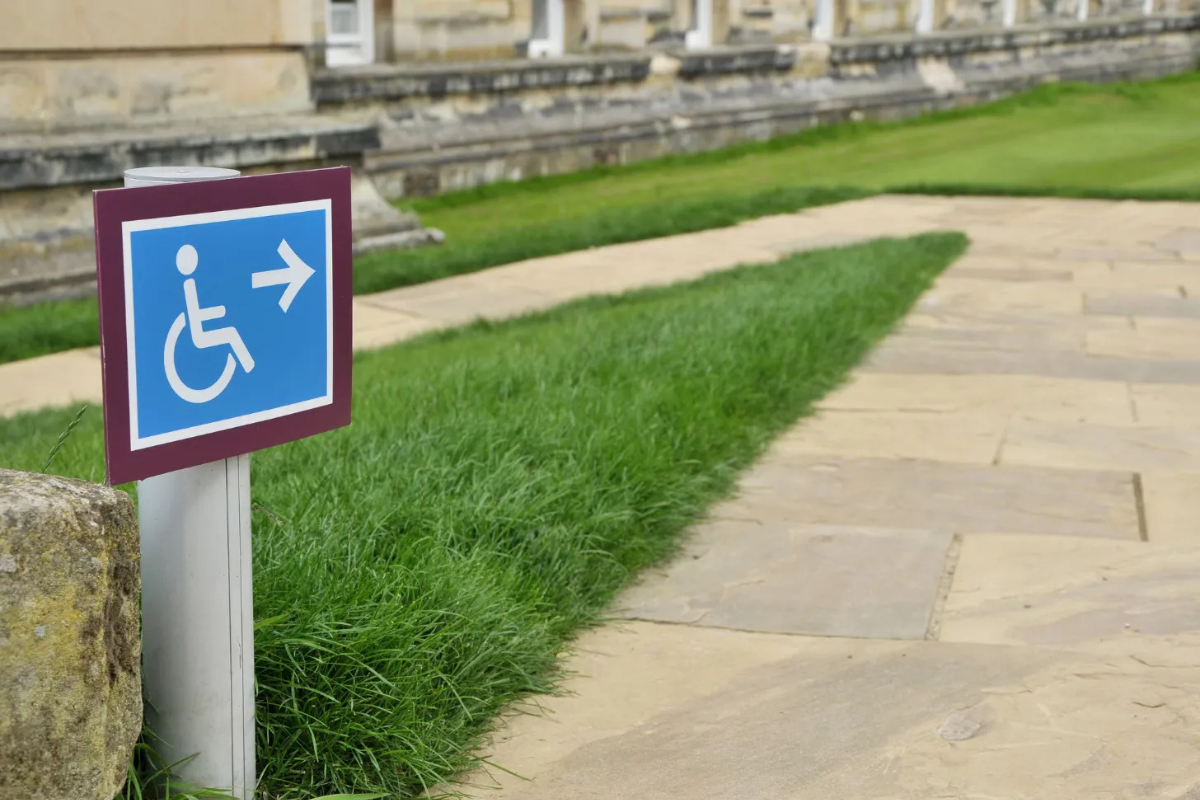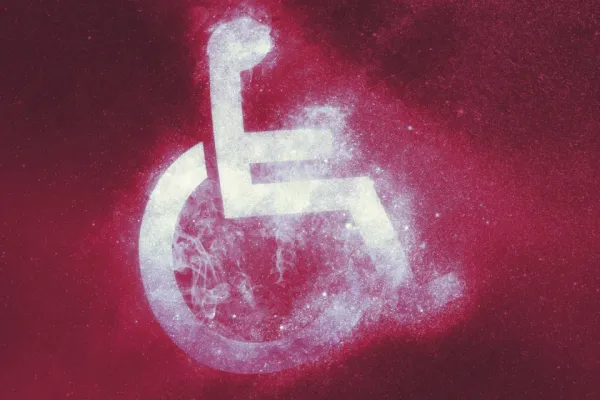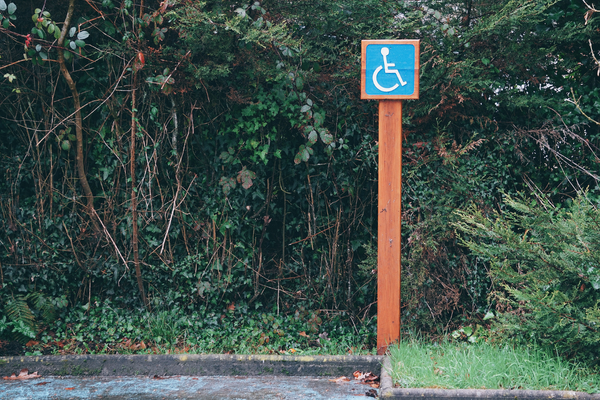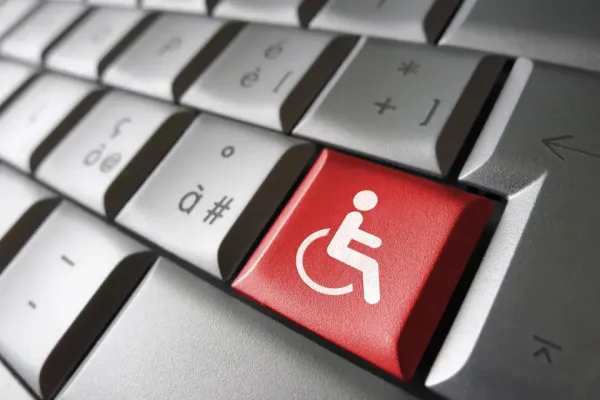7/16/25 - Medicaid, sub-minimum wage, and immigrant rights

Good afternoon ...
There's not much feel good stuff today's newsletter. But can't entirely look away from the hits and threats disabled people are taking right now from the outside. And we must not forget the dangers we ourselves sometimes pose to each other, or the bad habits with which we undermine our own goals.

Feds’ Medicaid cuts hurt the disabled
Dr. Michelle Morse and Joseph M. Pancari, The Daily News - July 10, 2025
"The argument that vulnerable populations will be exempt relies on looking at health care in a vacuum. It assumes that individual medical coverage is an isolated variable in our broader health care system. Even taken at face value, that argument falls flat: in a system with so much red tape, not every person with a disability would retain Medicaid coverage."
This is a notably good match of message to audience. The article explains in blunt, but balanced tones how Medicaid cuts will affect Americans, in this case residents of New York State. And the audience is readers of a newspaper that is comparatively sympathetic to the Trump administration and conservative policies more broadly. These are people who need to hear that while Medicaid wasn't categorically cut explicitly for disabled people, it will inevitably result in a great many disabled people losing Medicaid. This will happen through the imposition of new requirements and bureaucracy for individual Medicaid recipients, and as a secondary result of states losing federal funding and not being able or willing to make up the difference. Since the law has been passed and signed, in a way it's too late to get this message across to readers of The Daily News. But we all need to be prepared regardless. And it's never a waste to explain how these things work to people who most need to understand it.
Trump Just Made It OK to Continue Paying Disabled Workers Peanuts
Julia Métraux, Mother Jones - July 14, 2025
"'It’s a cruel irony for disabled people that the Trump administration announced they are rolling back this rule almost the same day as Congress voted for the [One Big Beautiful Bill] Act,' said Mia Ives-Rublee, the senior director for the Disability Justice Initiative at the Center for American Progress. 'Now, not only will disabled people’s health care be ripped away, [but] many will have fewer opportunities to earn a fair wage.'"
When an administration generally hostile to disabled communities' priorities comes to power, the most frightening dangers we face are harmful new initiatives, like massive Medicaid cuts and threats to repeal or nullify aspects of laws like the ADA and Section 504 of the Rehab Act. But we also have to cope with the stalling of forward progress, like the gradual but steady march towards doing away with sub-minimum wage. So far, progress where it has been achieved isn't being reversed. But forward momentum has been deliberately slowed. So we are not just losing ground we had previously won, but ground we thought we were going to win, and could have won, in the near future. Still, as the article notes, there is still hope for more piecemeal progress on this issue.
Immigrant Rights Are Disability Rights
Joe Stramondo, Disability Visibility Project - July 13, 2025
"It is no coincidence that Medicaid and the very same homecare programs Bruce Darling was fighting to expand in 2019 will now be devastated by Trump’s “big beautiful bill,” just as we see the military deployed to American cities to enforce his mass deportation efforts. Both the transfer of wealth from the poor to the rich via social safety net cuts and the rounding up of brown immigrants are justified in the minds of GOP voters by the notion that poor, disabled, people of color are a “drain” on social resources. If the disability movement and our allies are going to respond effectively, we must recognize that these threats to disabled people and threats to immigrants are one in the same because the ideologies motivating them are one and the same. Immigration is a disability rights issue."
This article begins by recapping a painful and divisive episode in the recent history of disability activism in the US. It's a moment that a lot of disabled people would probably prefer not to think about again, for at least some good reasons. But the lessons of what happened in the summer of 2019 have never been more relevant than they are now.
Like every other social and political movement, disability activism always risks being soured by our own darker impulses, especially when in response to moments of understandable anger and frustration. We need to be constantly aware of the temptations of populism, and not the good kind, specifically and uniquely for disability movements. The kind of populism that challenges authority, bureaucracy, all forms of elite domination, is crucial both to basic disability rights and deeper, more sophisticated movements for disability justice. But there is another kind of populism. It's the populism that that fosters flawed but seductive zero-sum, us vs. them thinking – in which disabled people believe they are deprived and powerless because other marginalized people steal attention and resources that should be ours. This resentful idea doesn't always come out to play in disability discourse. But it's always there under the surface. And when times get really tough, we see it in the open. We need to watch out for this all the time – especially now – because it's wrong and destructive, and because it's so easy to find ourselves feeling this exact way – especially when it seems like we are failing.
Along these lines, I want to share a quote from a statement by the Disability Rights Education and Defense Fund that was linked in Monday's newsletter:
"Our advocacy will not be solely rooted in identifying discrimination and attacks on people with disabilities. We will fight misinformation, and make sure the country knows what this bill takes away, and who is doing it. We will remain committed to LGBTQIA+, immigrant, and Black and Brown people, and acknowledge the lived experiences and ongoing oppression of those in our community with intersectional identities and struggles. Our work is rooted in the commitment to justice for all of us. We will continue to fight for racial equality. We will continue to support immigrant members of our community, and speak out against our neighbors, friends, families and caregivers being rounded up, disappeared, and locked in camps. We will continue to support our trans and non-binary siblings being targeted by hate. Our struggles are connected, and we move forward, together."
This is one of the best statements I have ever read on why disability movements must be "intersectional," overlap effectively with other movements, and reject the temptation to turn on others to further our own causes.




Disability Thinking Weekday is a Monday-Friday newsletter with links and commentary on disability-related articles and other content. Please like, share, comment, and subscribe — for free, or with a paid subscription. A free subscription brings a newsletter to your email each weekday, and gives you access to Comments. Benefits of paid subscription also include:
- A monthly recap with links to all of the previous month's shared articles, organized by topic.
- Listing as a supporter, and a link to your website if you have one.
- You can recommend one disability-related article for me to share per month in a weekday post.
To to subscribe, upgrade to paid, or make a one-time donation, click one of the buttons below:

I am so grateful for your help and engagement, in whichever forms you choose!



